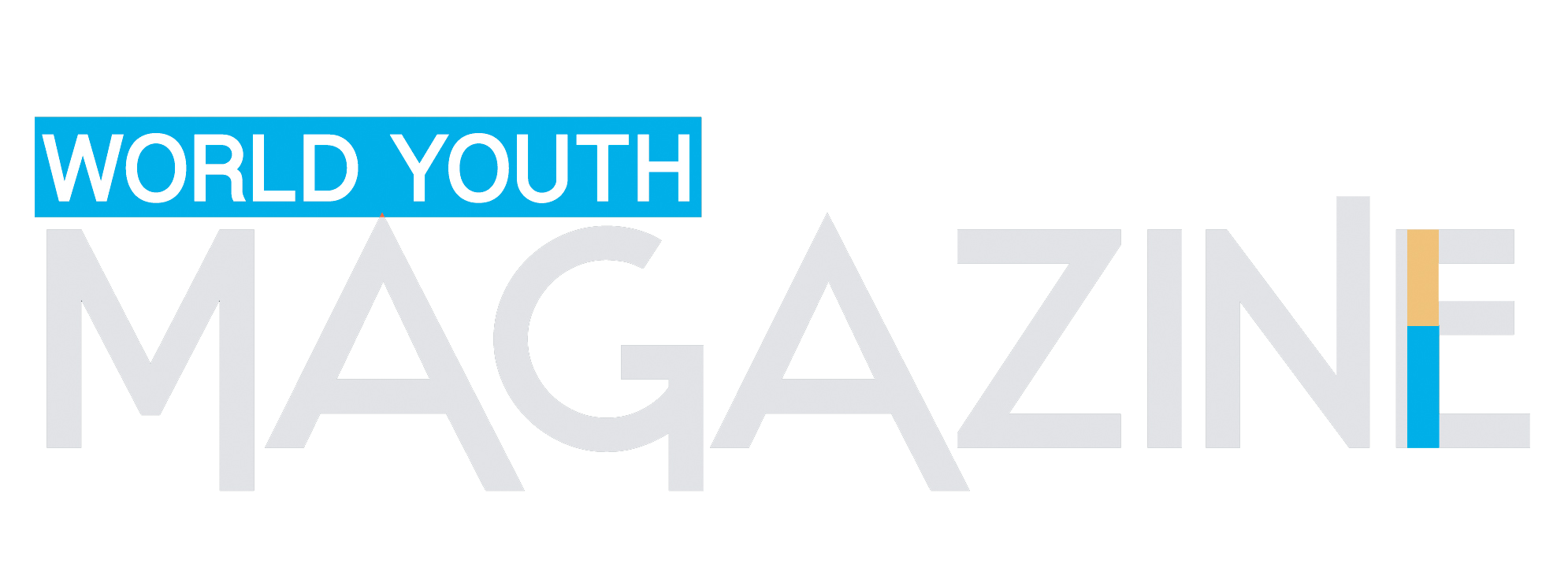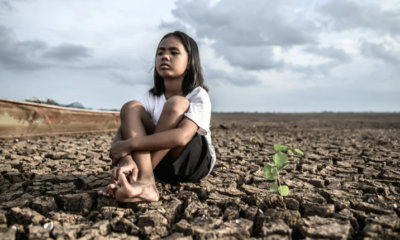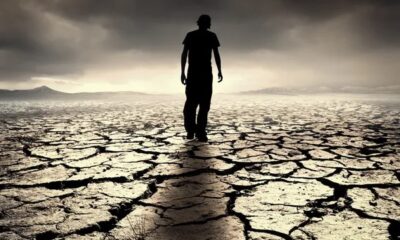Cop27
Reading as a Primary Step to Pro-Environmental Action

By Riham Salah
Before delving into the definition of pro-environmental behavior and how reading habits can be a significant factor in determining it, we shall refer first to the increasing focus on the human dimension of change to achieve the United Nations Sustainable Development Goals (UN SDGs).
Since the Rio Earth Summit in 1992, unsustainable individual consumption patterns and their impact on the environment have been given a particular focus. Despite the later promising increase of pro-environmental values, with more than 60% of the world population acknowledging the climate crisis—as indicated by recent reports—a significant shift towards sustainable lifestyles has not been observed yet.
That is why a critical understanding of how people make decisions and act on them; how they think about, influence, and relate to one another; and how they develop beliefs and attitudes has become imperative to achieve sustainability as stated in the UNDP Report: Behavioural Insights at the United Nations, 2016. Behavioral science theories are now an indispensable tool used by governments, businesses, and civil society to meet this end.
However, since resistance does not sound new when speaking about “change,” some habits still seem strong enough to hinder transformations toward sustainable behaviors. Thus, there is a dire need for further studies to build a better understanding of how to promote more environmentally conscious habits that last over time.
One underexplored research scope to focus on is pro-environmental habits (PEH), defined as the “habits that either benefit the environment or harm it as little as possible.” Some scholars propose that promoting PEH can promote people’s well-being and the psychological foundation of sustainable cultures.
According to a recent study, reading habits significantly determine pro-environmental behavior. They not only help young people demonstrate strong reading abilities but also push them to be more conscious of their responsibility toward nature and motivate them to have PEH.
As once said by Nathaniel Emmons, “Habit is either the best of servants or the worst of masters.” Reading habits can be a proactive step to conserve and improve the environment if taught to individuals at a younger age. Simply because our decisions today define our tomorrow, there must be a concerted effort between governments, universities, schools, libraries, and parents to cultivate strong reading habits among children, adolescents, and youth.












